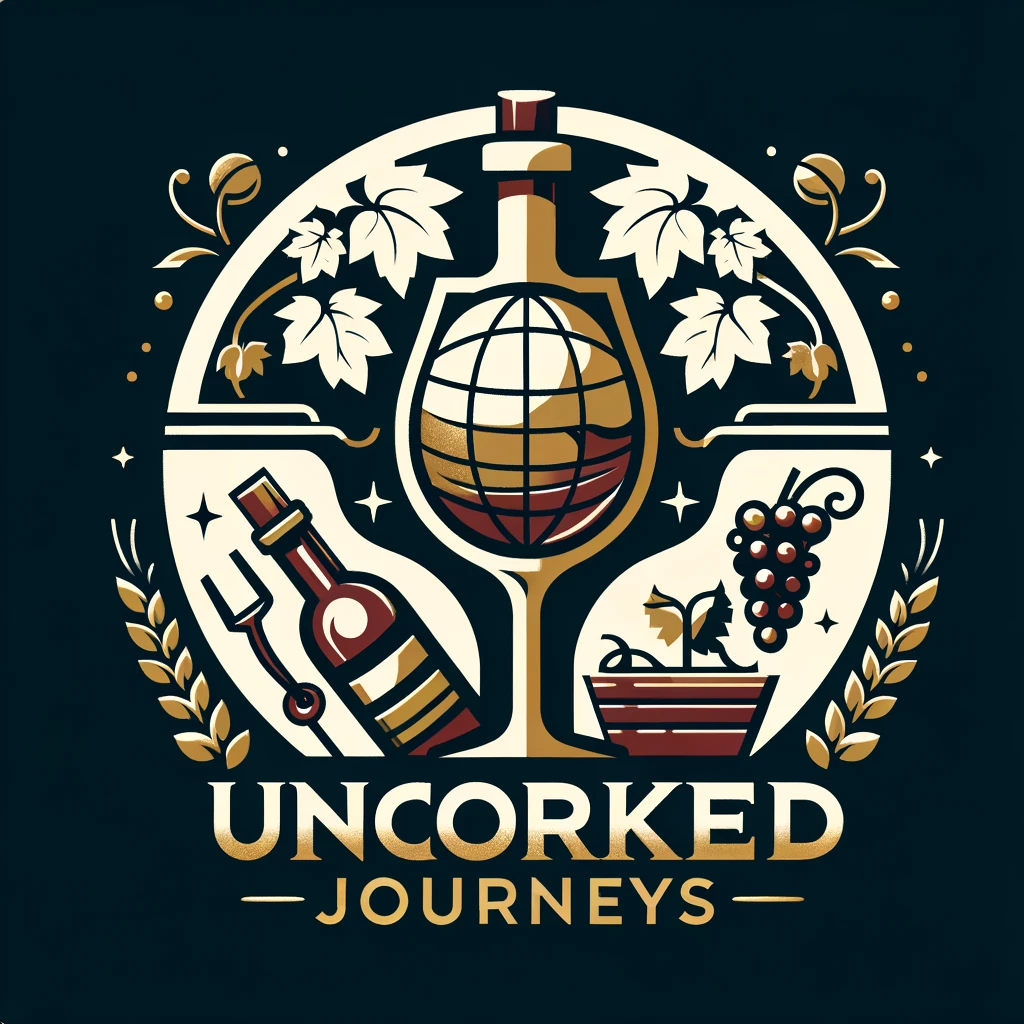Sicily
Sicily, Italy, stands as one of the oldest and most significant wine-producing regions in the world, with a history that stretches back thousands of years. The island's relationship with wine began during the times of the Phoenicians and ancient Greeks, who brought viticulture to its shores. Over time, Sicily evolved into a vital wine trade hub for the Romans, who prized its fertile land and strategic location in the Mediterranean. This historical legacy has left an indelible mark on the island, with wine deeply intertwined with its cultural identity and traditions.
The wine culture in Sicily is a vibrant expression of the island's diverse influences, ranging from its Greek origins to the contributions of Arabic, Norman, and Spanish rule. Festivals and family gatherings often celebrate wine as a central element of Sicilian life, reflecting its enduring importance. In towns and villages, the rhythm of the grape harvest, known as 'la vendemmia,' is a moment of communal effort and celebration, echoing practices that have remained largely unchanged for centuries. This deep-rooted tradition underscores how wine serves as both an agricultural product and a symbol of Sicily’s heritage.
Sicily's wines are as varied and remarkable as its landscape, offering something for every palate. Among its most famous offerings is Marsala, a fortified wine first developed in the 18th century. Equally notable are Nero d'Avola, a robust red wine with rich, dark fruit flavors, and Grillo, a white wine known for its citrusy and mineral qualities. Indigenous grapes like Catarratto, Frappato, and Carricante contribute to the region's unique wine profile, each reflecting the nuances of Sicily's terroir. The rise of organic and natural winemaking in recent years has also drawn attention to the island’s commitment to quality and sustainability.
The soil and climate of Sicily play a crucial role in shaping the character of its wines. The island's volcanic soils, particularly those surrounding Mount Etna, impart distinctive minerality and complexity to the grapes. Wines from this region often carry smoky or earthy undertones, a reflection of the volcanic terroir. Sicily's warm Mediterranean climate, with abundant sunshine and coastal breezes, creates ideal conditions for grape cultivation. The diversity of microclimates across the island allows winemakers to grow a wide variety of grapes, each benefiting from the specific conditions of its environment, such as higher elevations or proximity to the sea.
In addition to its natural advantages, Sicily’s winemaking tradition is enriched by centuries of innovation and craftsmanship. Ancient techniques, such as aging wines in amphorae, are still used by some producers today, highlighting the seamless blend of history and modernity. Winemakers on the island are also known for their dedication to preserving native grape varieties, which have gained international acclaim for their distinctiveness. This focus on authenticity and heritage ensures that Sicilian wines remain a reflection of their unique origins, celebrated for their depth, character, and ability to evoke the island’s spirit.
Beyond the vineyards, wine in Sicily is an experience that extends into its cuisine, culture, and hospitality. Pairings of local wines with traditional dishes like arancini, caponata, or swordfish reflect the synergy between the island’s food and drink. Visitors to Sicily can immerse themselves in this world by exploring wine trails, visiting historic wineries, or participating in tastings led by passionate producers. The enduring connection between the land, the people, and their craft has made Sicily not just a wine region, but a destination that offers a profound appreciation for the art of winemaking and the lifestyle it embodies.
